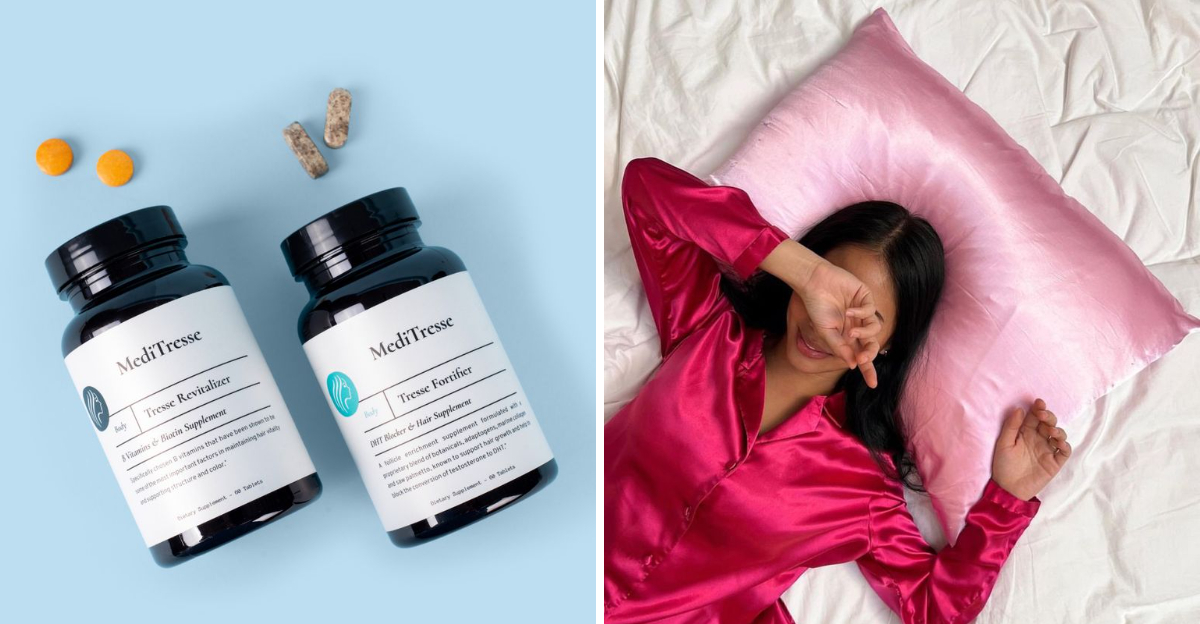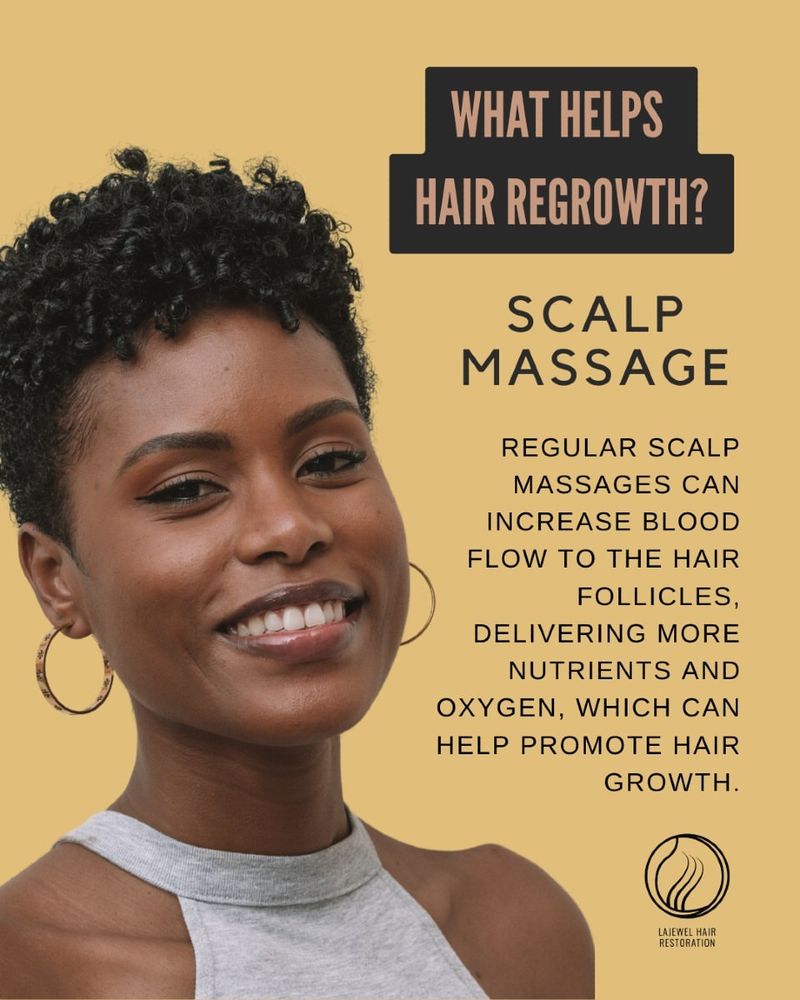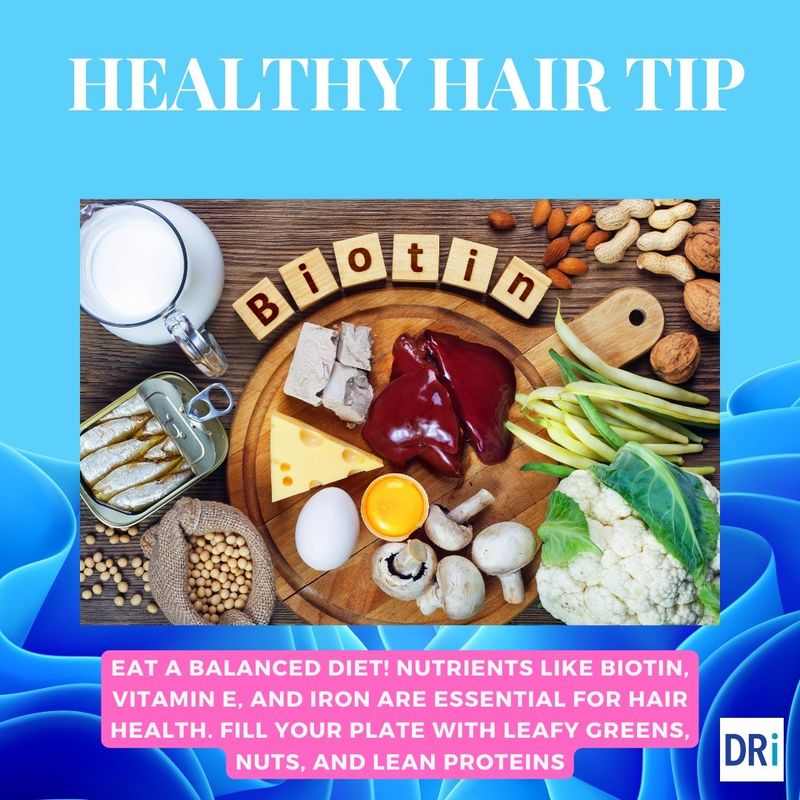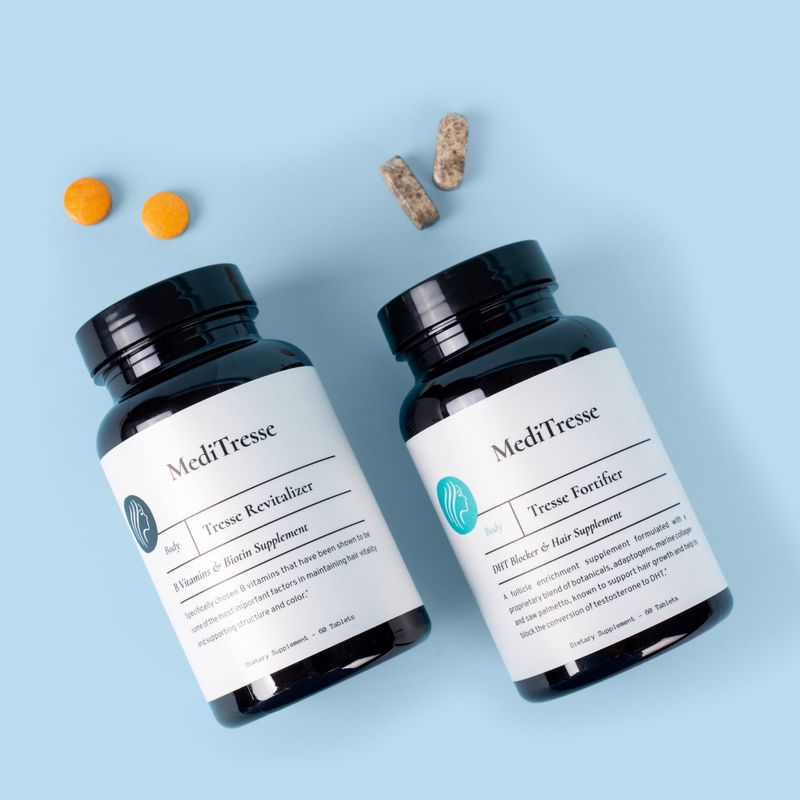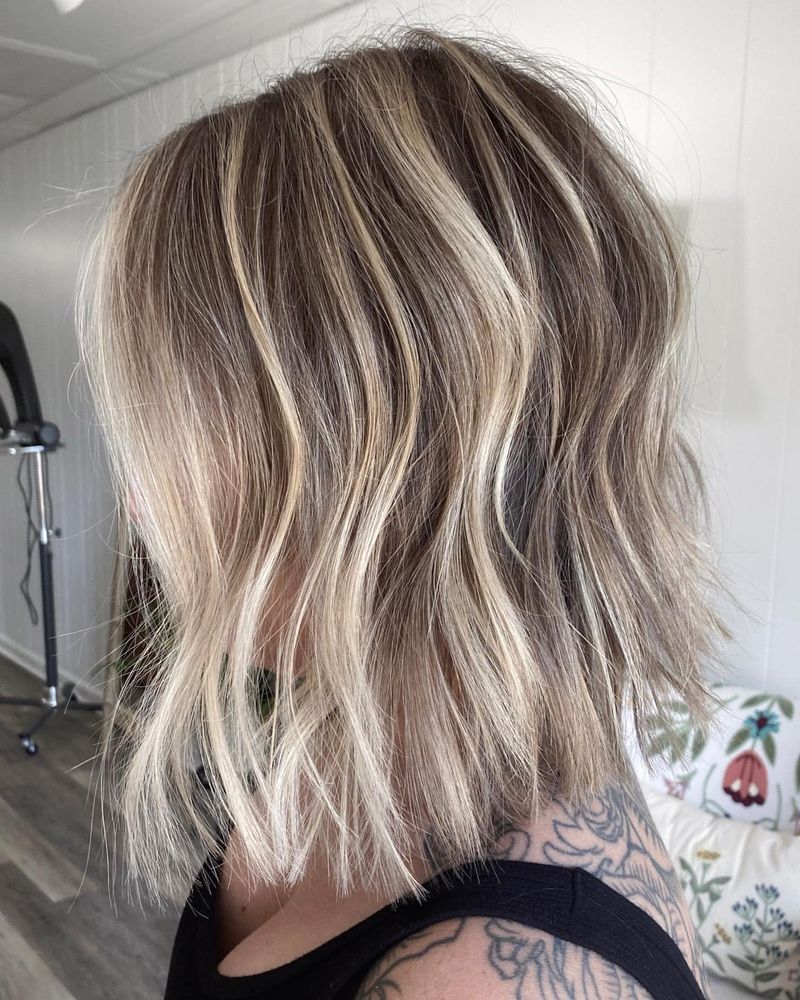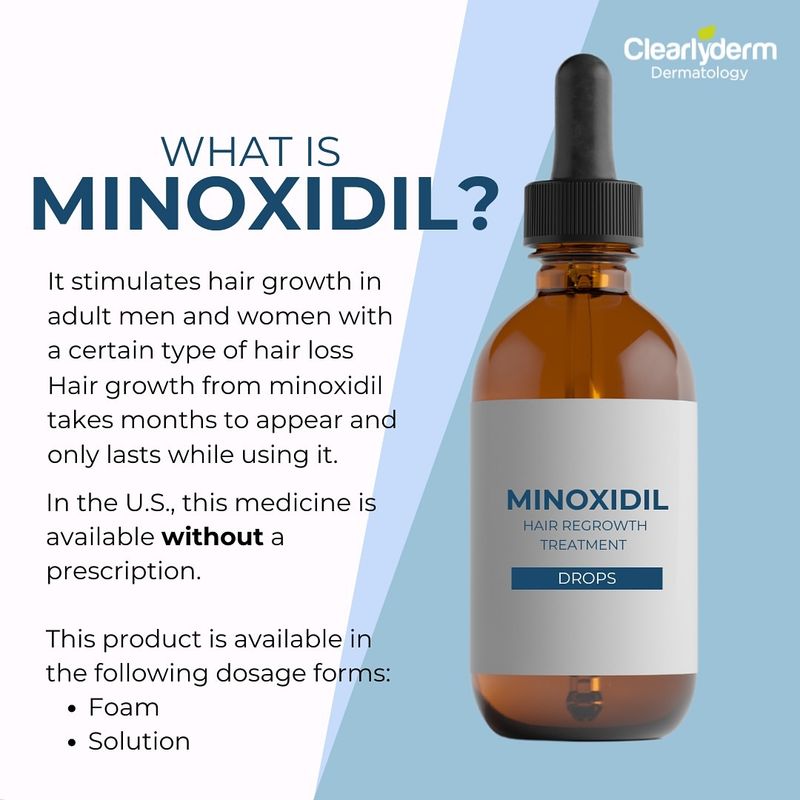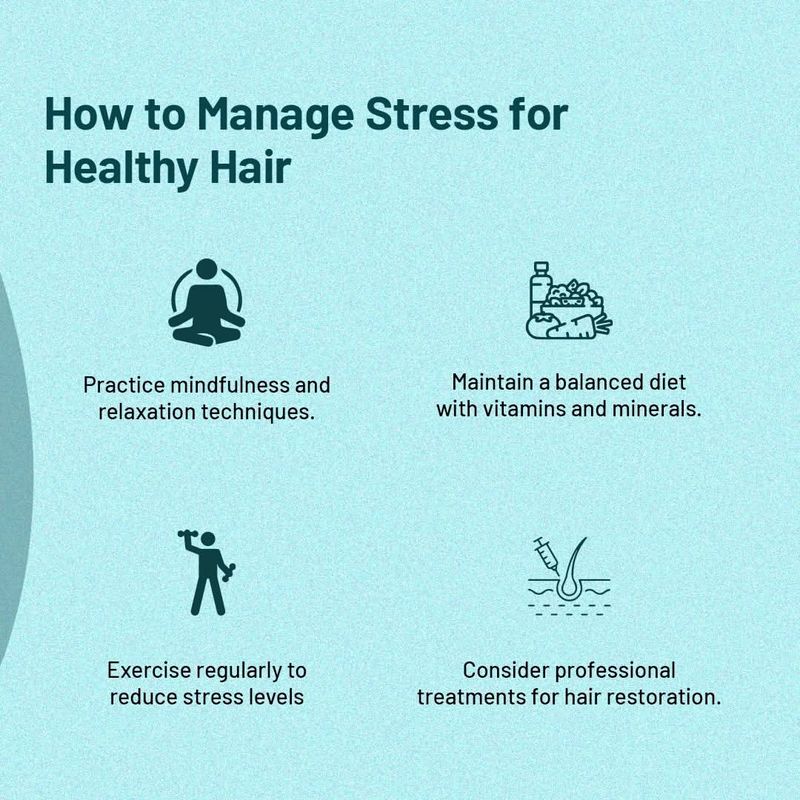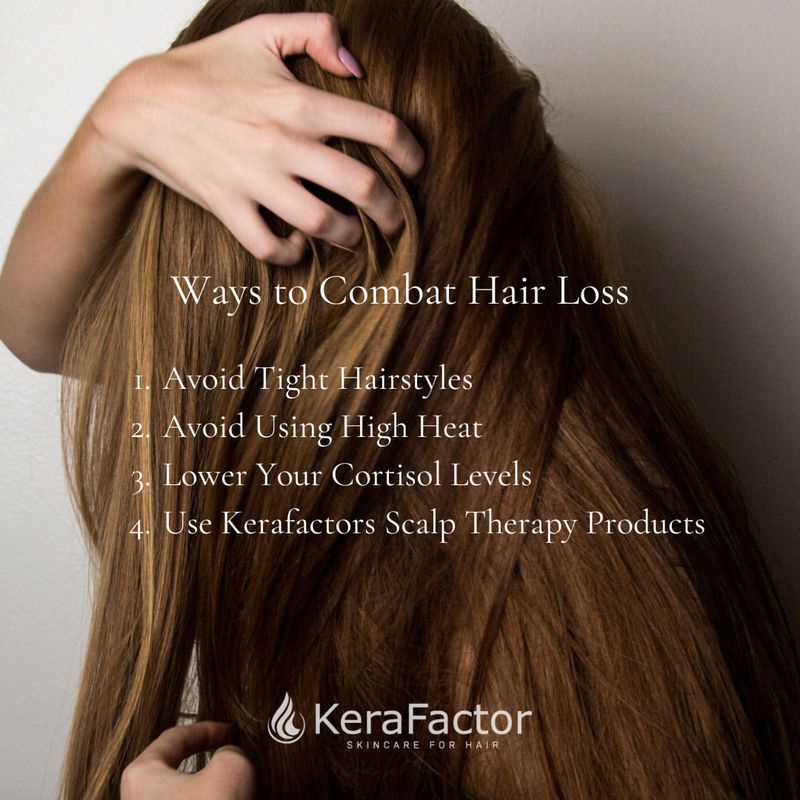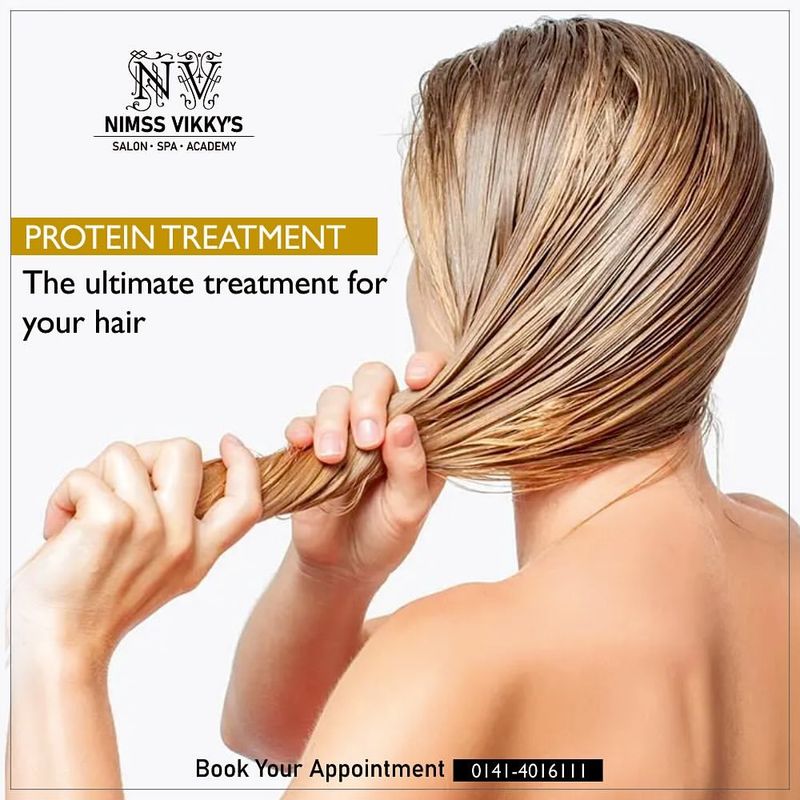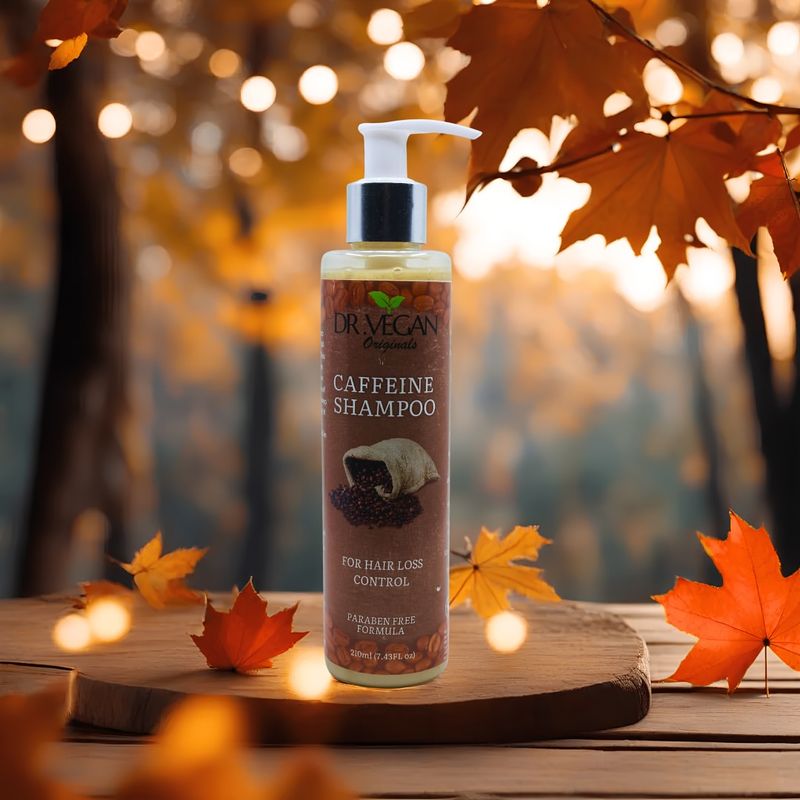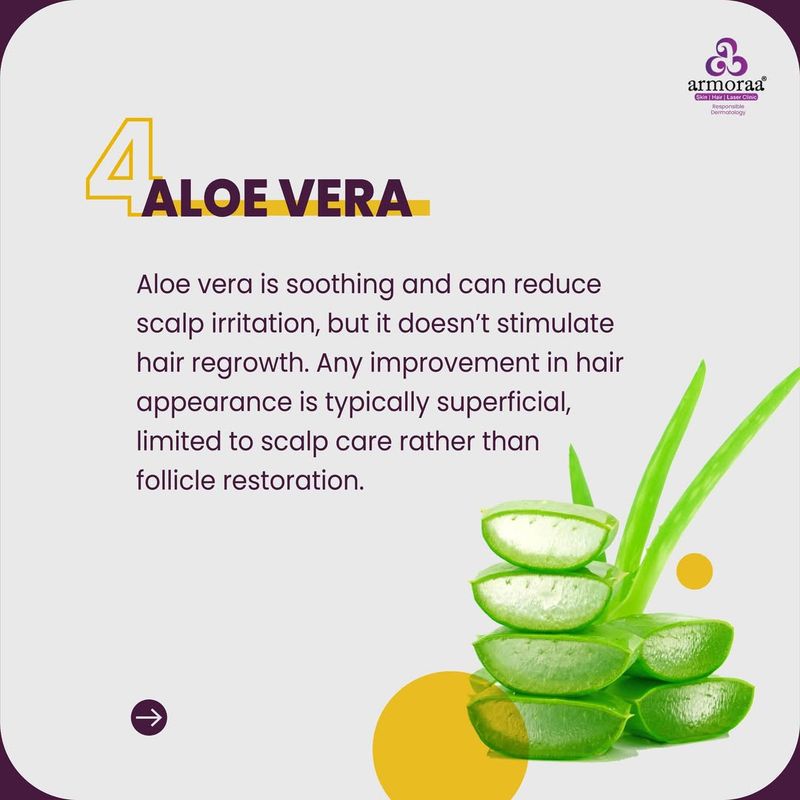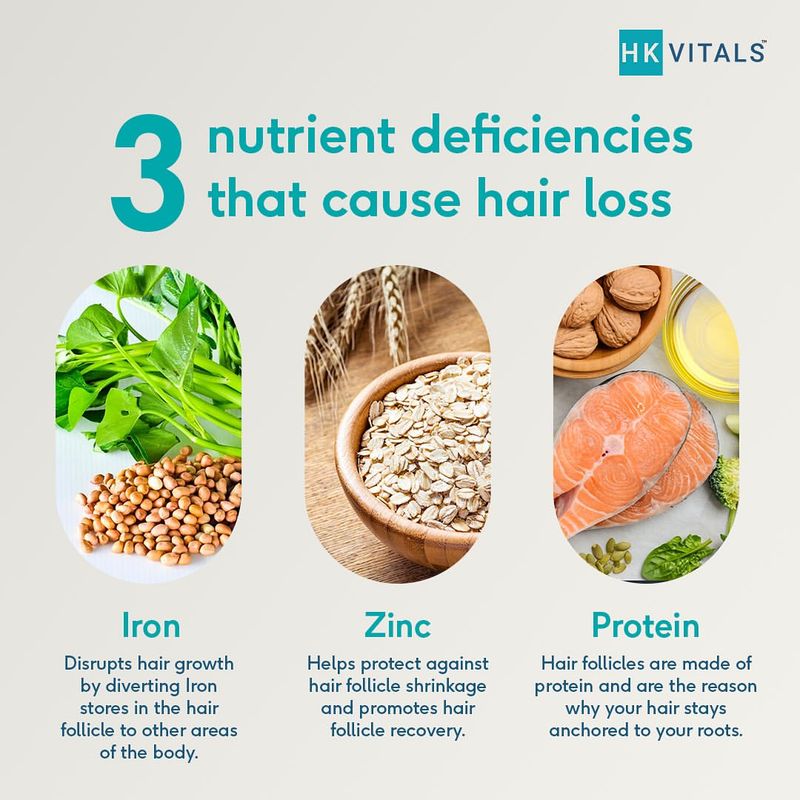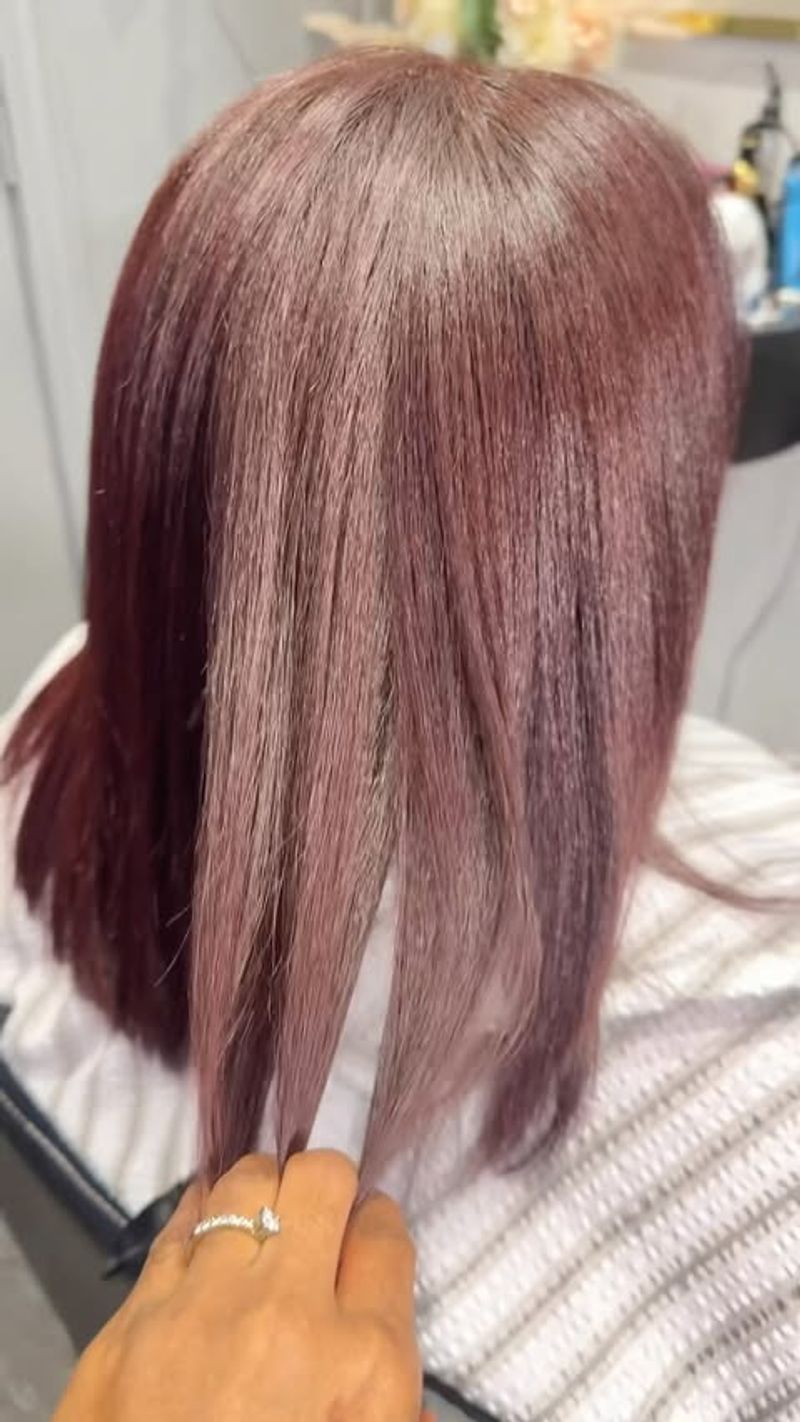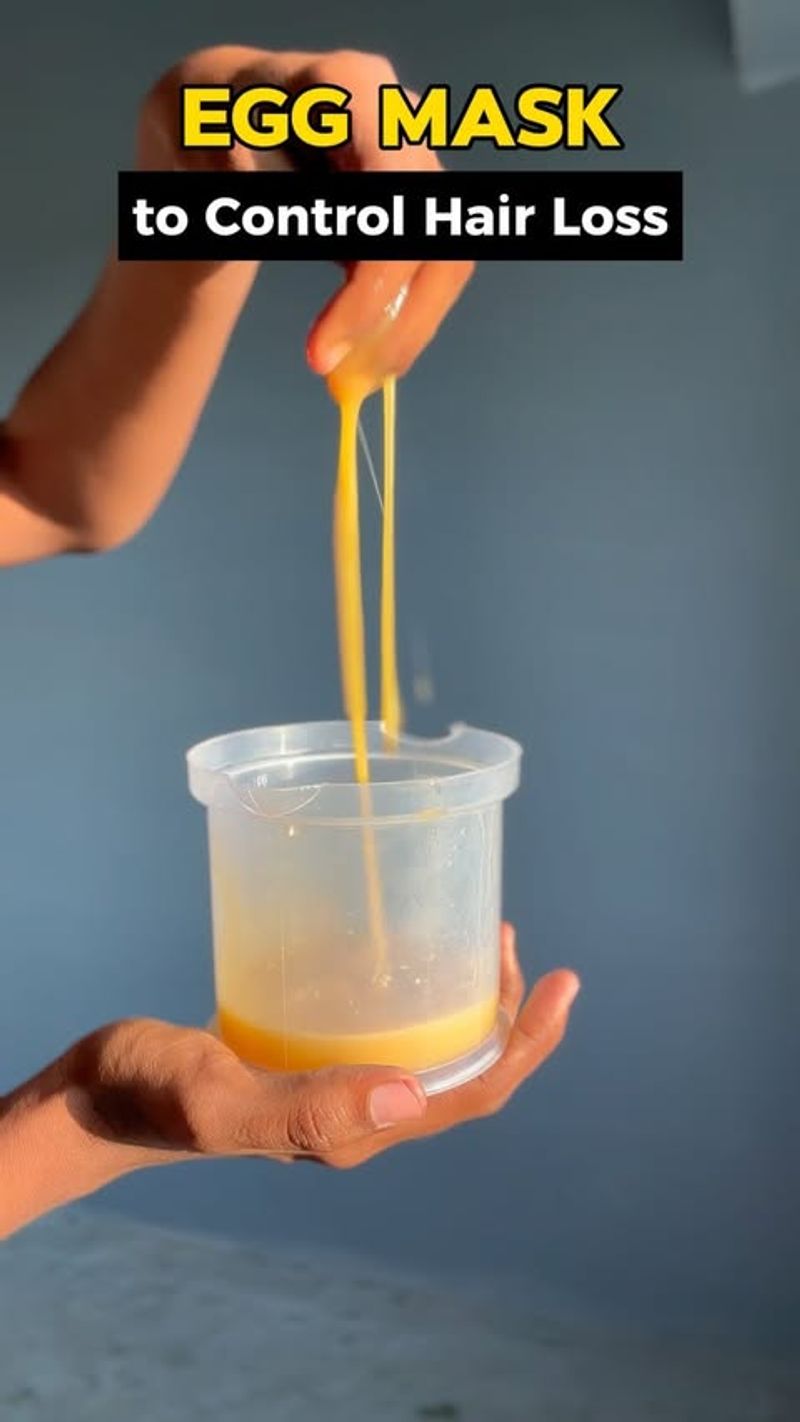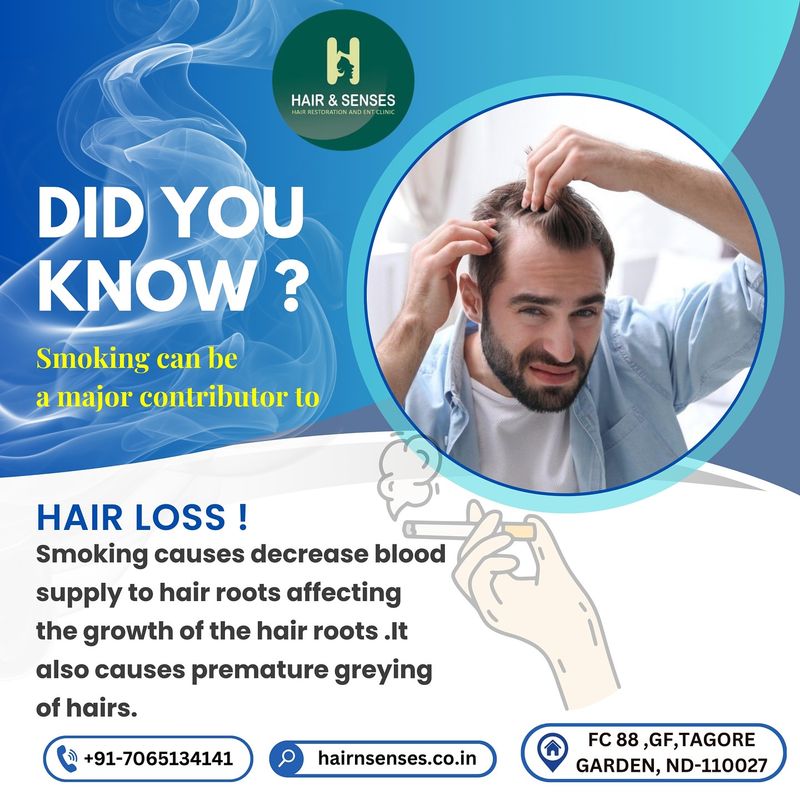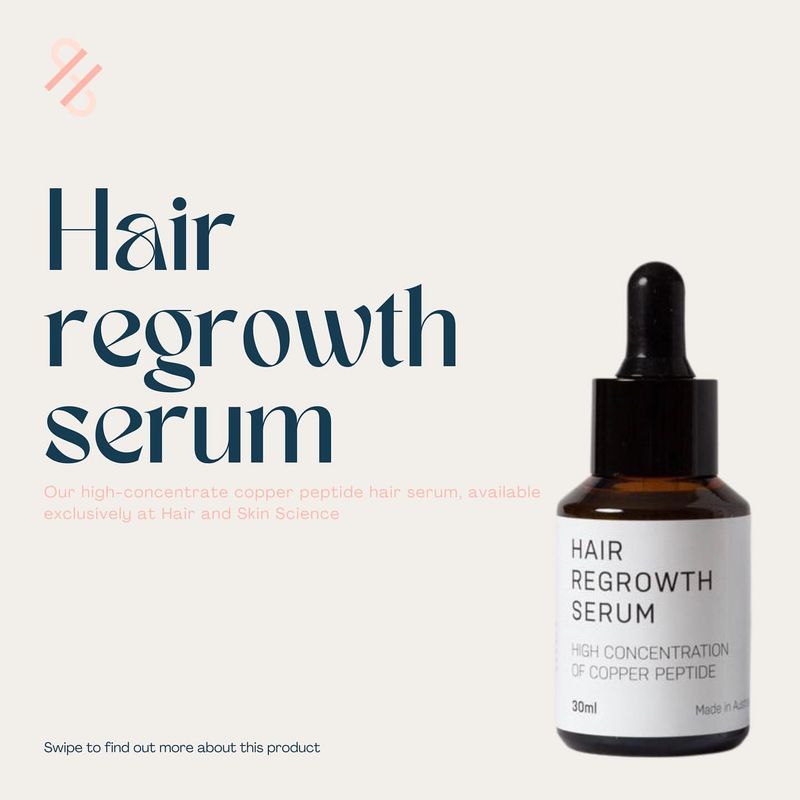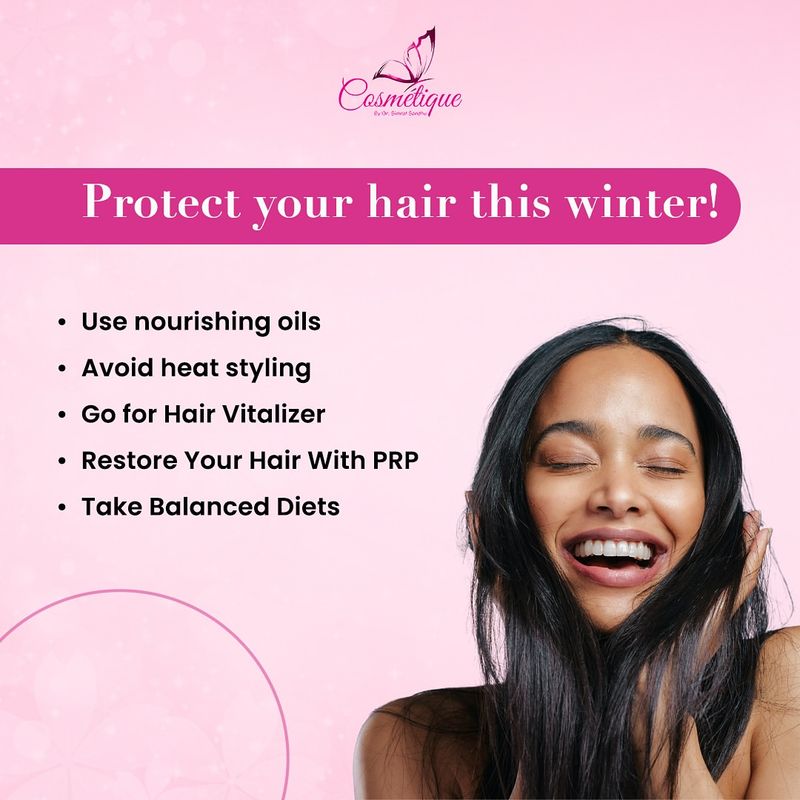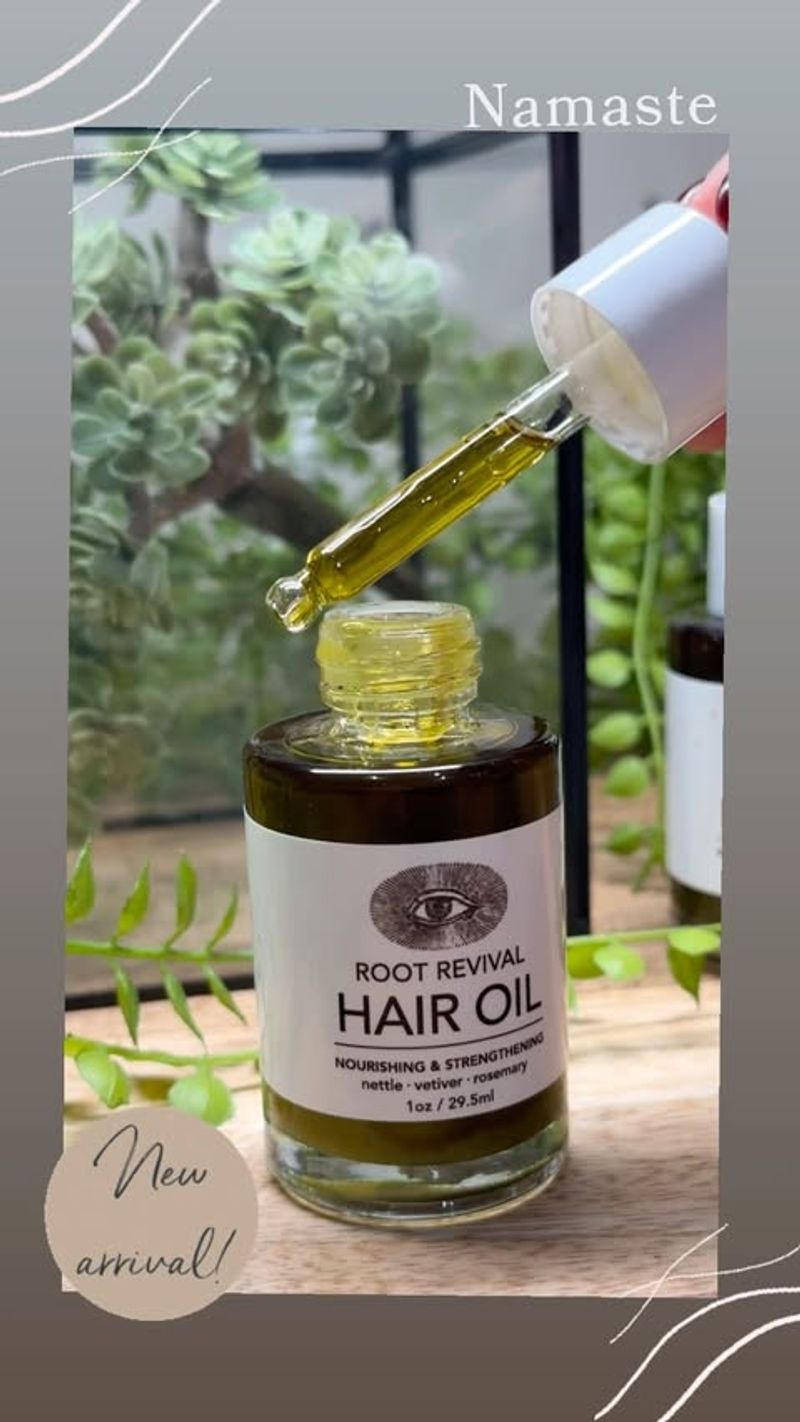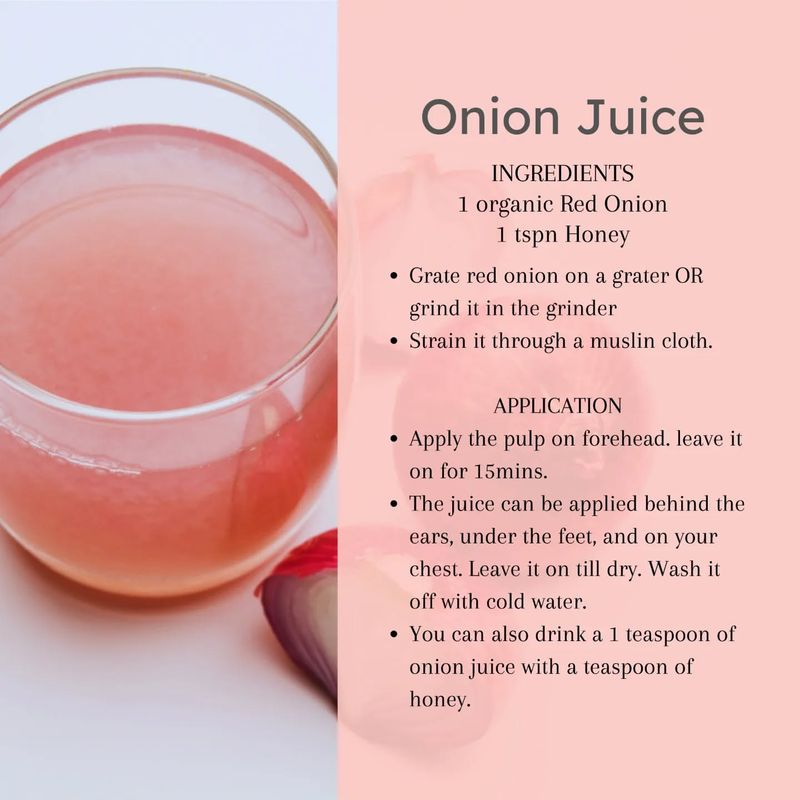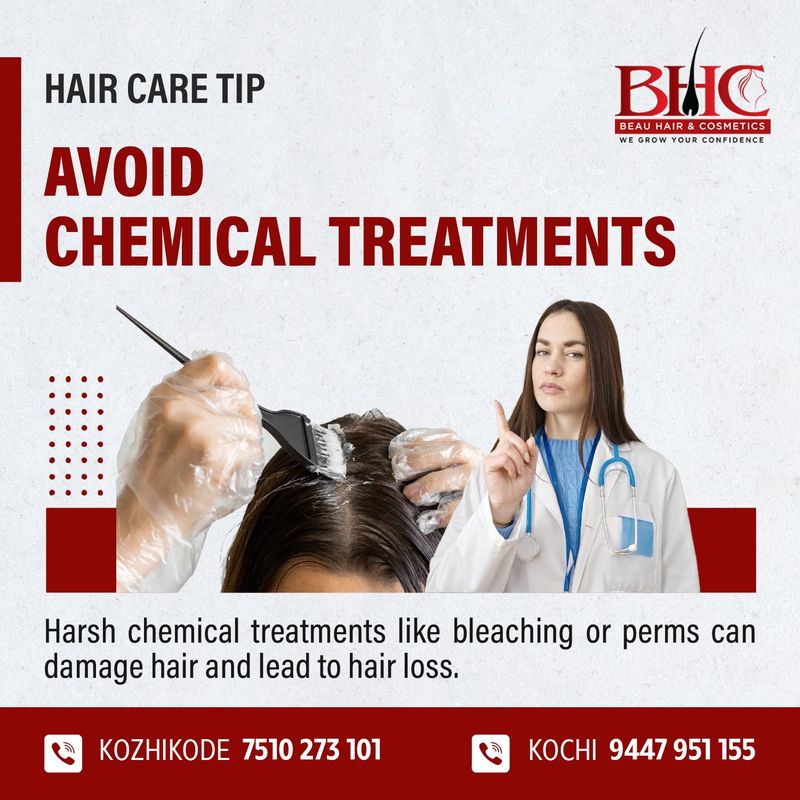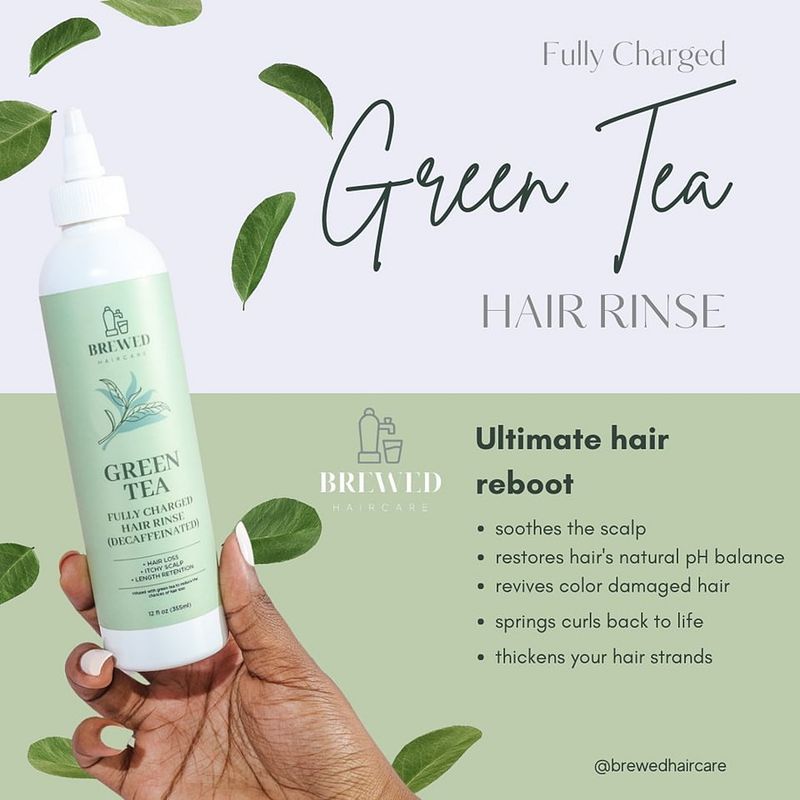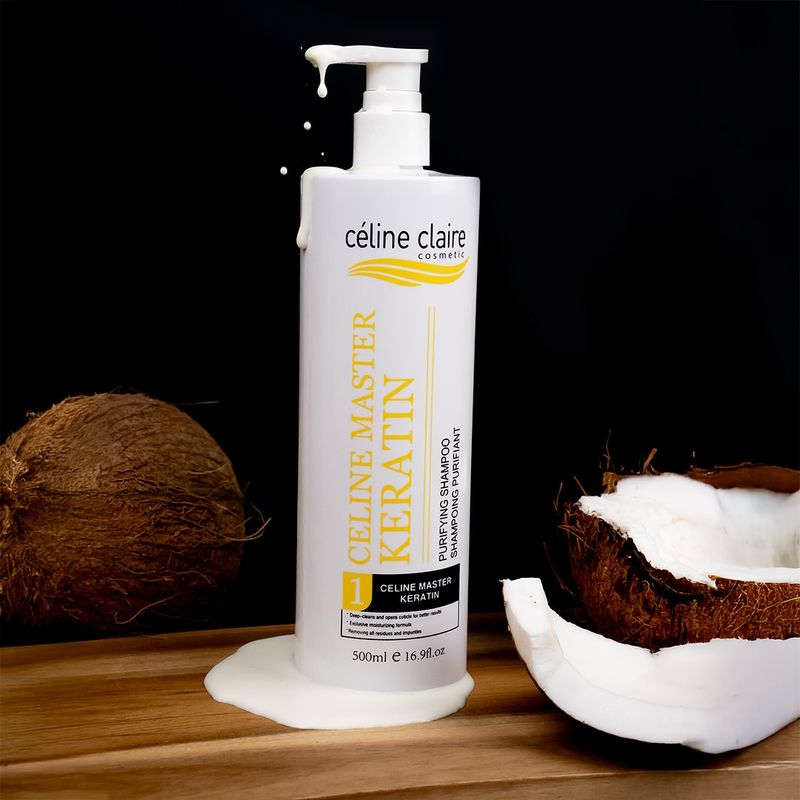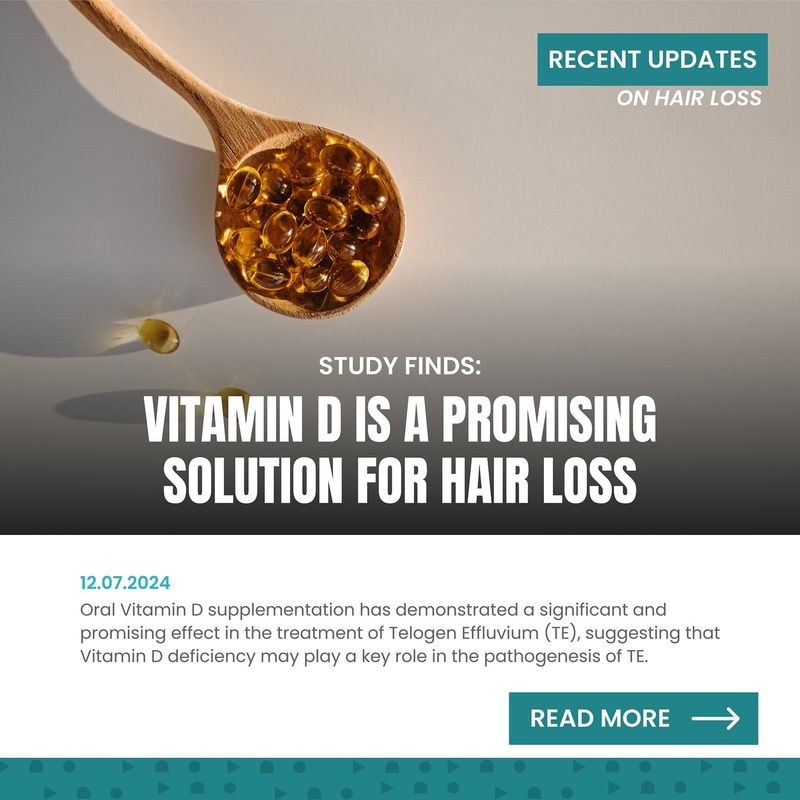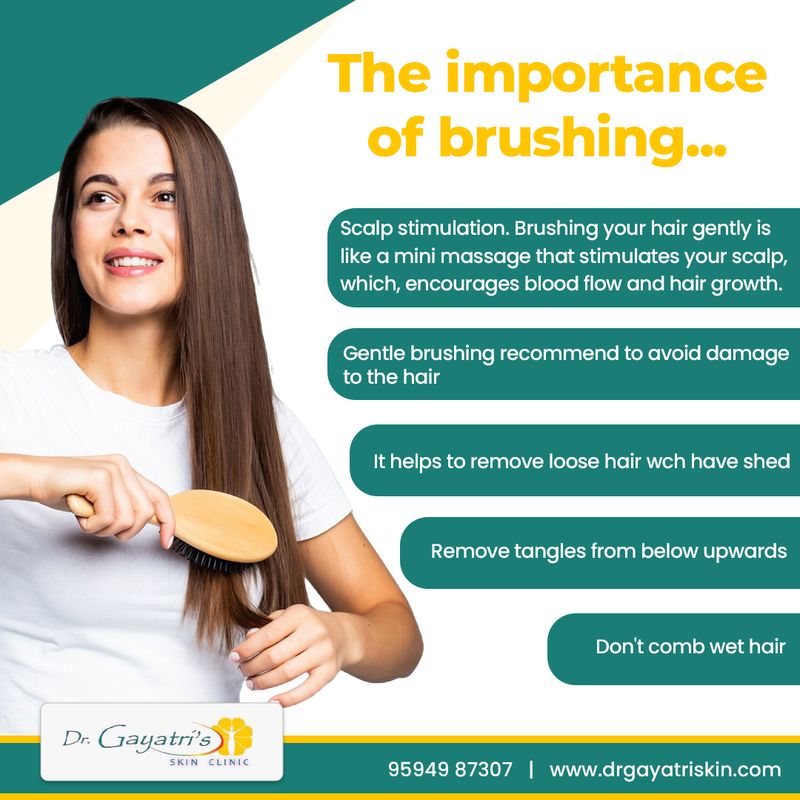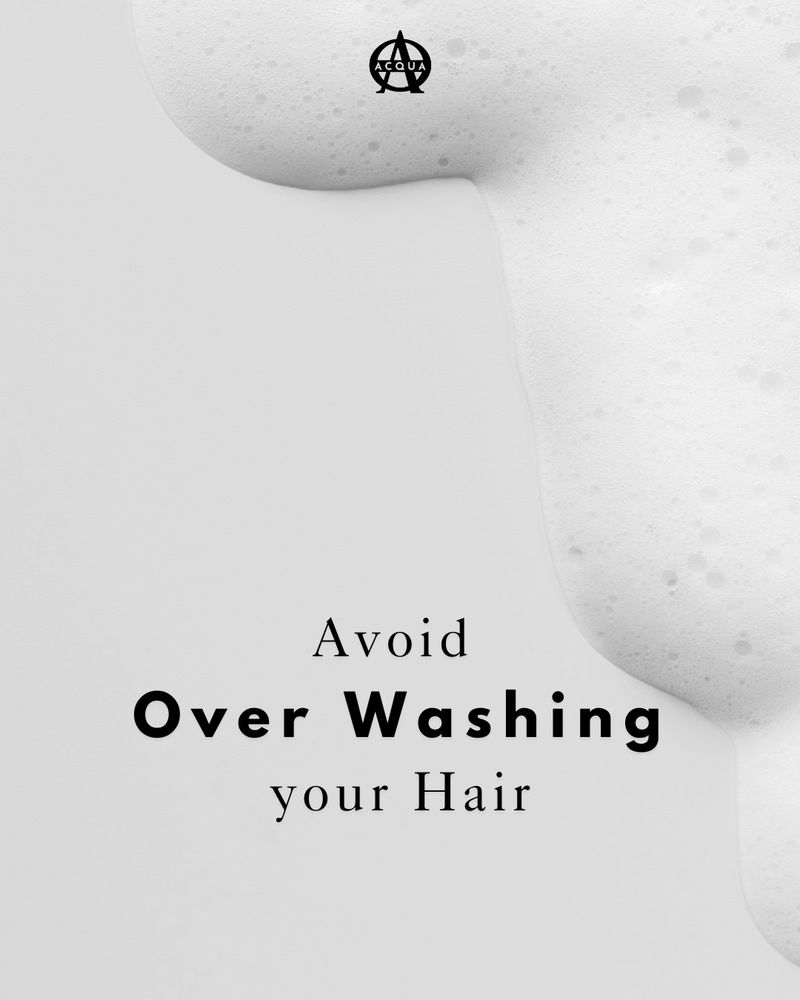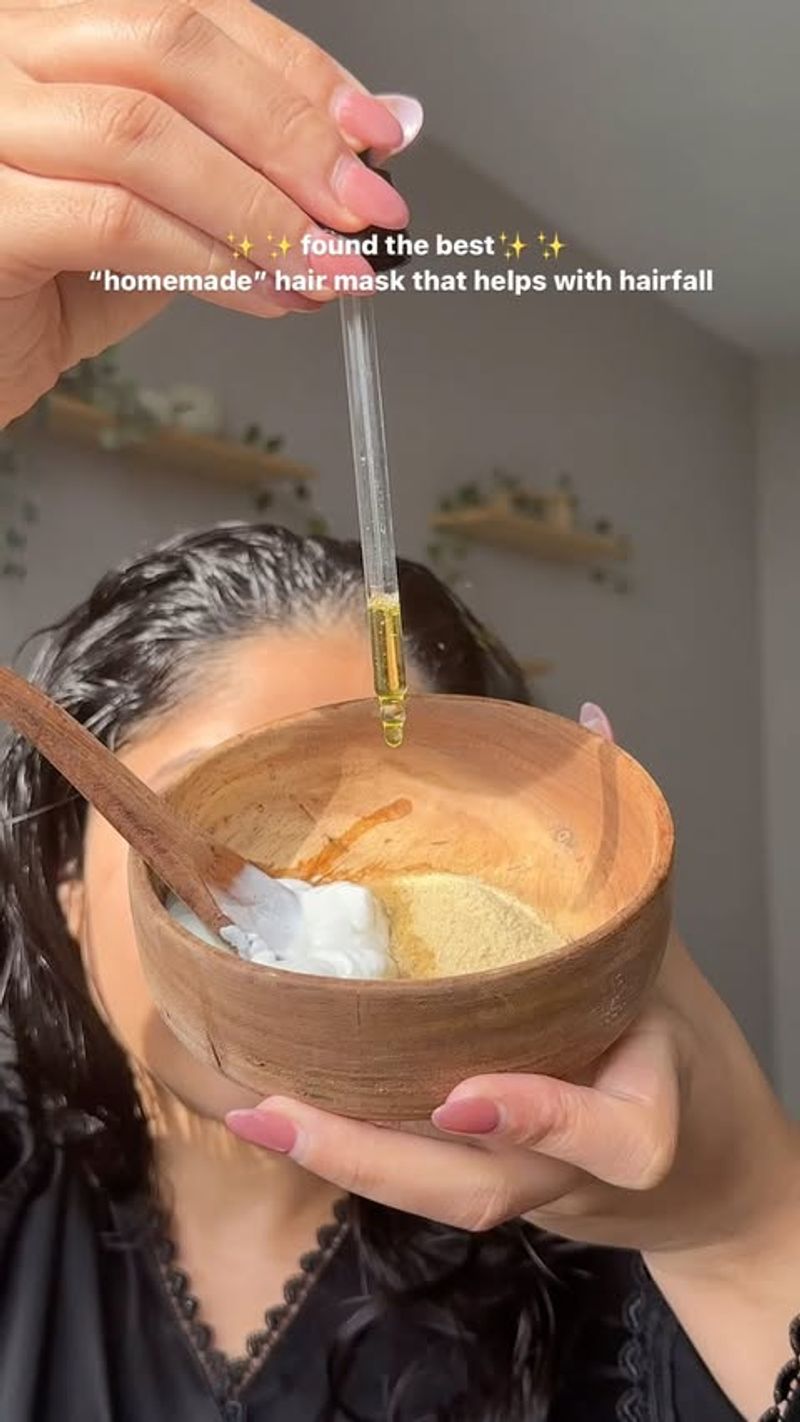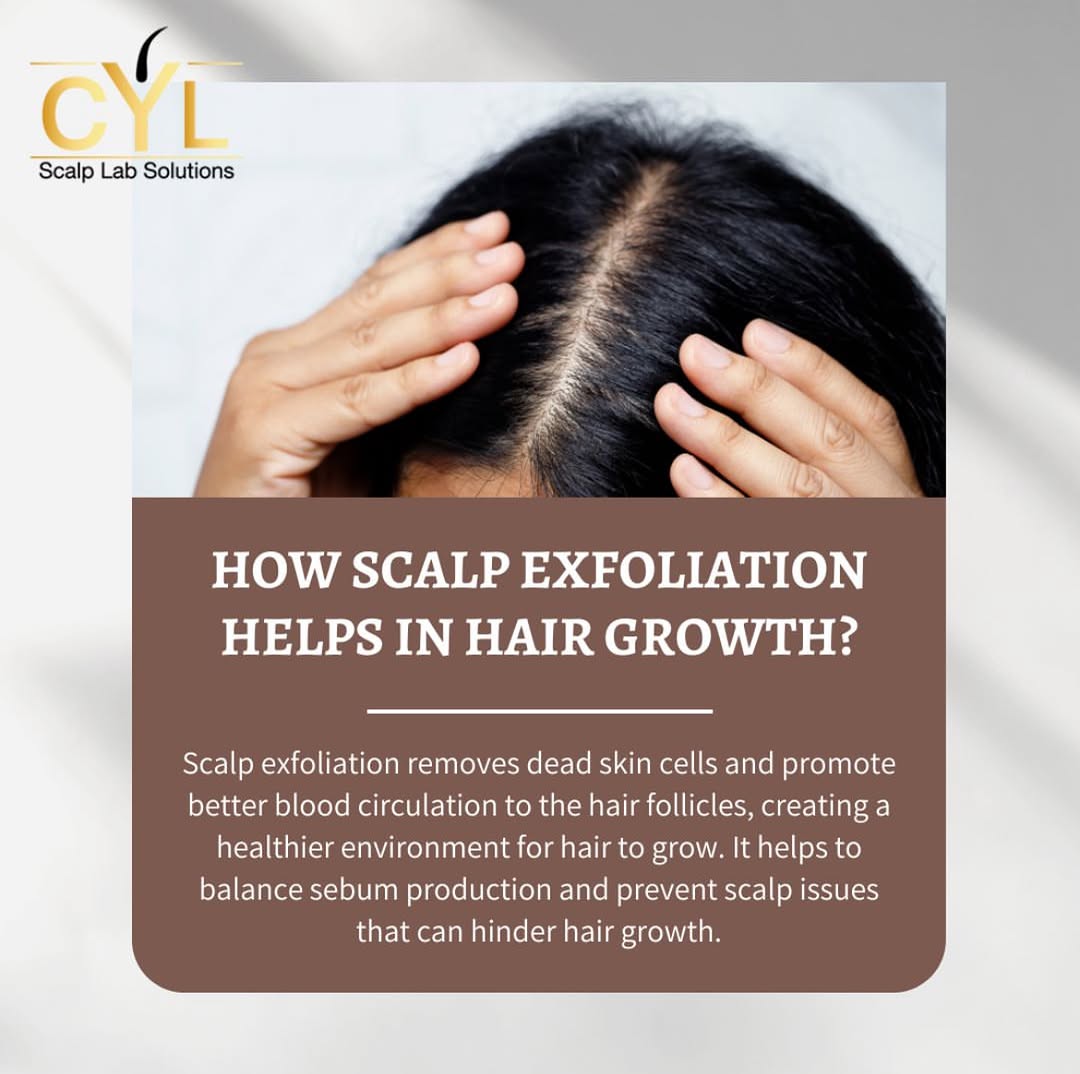From styling difficulties to concerns about volume and health, navigating the world of thin hair can sometimes feel overwhelming. Whether you’re looking for the best hairstyles, effective products, or expert advice on maintaining your hair’s health, this guide has you covered.
1. Scalp Massage
Boost circulation and stimulate hair growth with daily scalp massages. Use your fingertips to gently rub your scalp in circular motions. For added benefits, add essential oils like lavender or rosemary.
2. Balanced Diet
A balanced diet is essential for hair health. Incorporate foods rich in vitamins, minerals, and proteins. Salmon, nuts, and leafy greens provide nutrients that support hair growth.
Related: -7 Straight-Hair Problems No One Talks About And 8 Easy Fixes That Shine
3. Biotin Supplements
Biotin, a B vitamin, plays a crucial role in maintaining hair health. It supports keratin production, which is key for hair strength. Taking biotin supplements can enhance hair thickness and reduce shedding.
4. Essential Oils
Essential oils like rosemary and peppermint have been shown to support hair growth. Add a few drops to a carrier oil and apply to your scalp.
5. Laser Therapy
Laser therapy uses low-level lasers to stimulate hair follicles. This process can increase blood flow and encourage hair growth. It’s a non-invasive treatment available in clinics and via at-home devices.
6. Minoxidil Treatment
Minoxidil is a popular topical treatment for thinning hair. Applied directly to the scalp, it stimulates hair follicles and encourages growth. Available over the counter, it’s suitable for both men and women.
7. Healthy Hair Care
Adopt healthy hair care practices to prevent further thinning. Use sulfate-free shampoos and conditioners to maintain moisture and reduce scalp irritation.
8. Hydration
Proper hydration is key for healthy hair. Drinking adequate water keeps your scalp hydrated, supporting hair growth. Dehydration can lead to dry, brittle strands that are prone to breakage.
9. Stress Management
Chronic stress can contribute to hair thinning. Practice stress management techniques such as meditation, yoga, and deep breathing exercises.
10. Avoid Tight Hairstyles
Tight hairstyles can cause traction alopecia, leading to hair loss. Opt for looser styles that reduce tension on the scalp.
11. Protein Treatments
Protein treatments strengthen hair by filling in gaps in the hair shaft. They provide structural support, reducing breakage and improving texture.
12. Caffeine Shampoo
Caffeine shampoos can invigorate hair follicles and stimulate growth. They work by increasing circulation to the scalp. Regular use can enhance hair density and reduce shedding.
13. Aloe Vera Gel
Aloe vera gel is known for its soothing properties. It can hydrate the scalp, reducing irritation and promoting a healthy environment for hair growth.
14. Zinc Intake
Zinc is essential for cell reproduction and hormone regulation, both crucial for hair growth. Ensure your diet includes zinc-rich foods or consider supplements after consulting with a healthcare provider.
15. Regular Trims
Regular trims keep hair looking healthy and prevent split ends. By removing damaged ends, hair appears fuller and more vibrant.
16. Use Satin Pillowcases
Switching to satin pillowcases reduces friction on the hair overnight. This minimizes breakage and tangling, preserving hair integrity.
17. Omega-3 Fatty Acids
Omega-3 fatty acids are vital for scalp health and hair growth. They nourish hair follicles and prevent inflammation.
18. Egg Mask
Egg masks are rich in proteins and vitamins that strengthen hair. This natural treatment nourishes hair roots and shafts, enhancing texture and shine while providing essential nutrients for hair growth.
19. Quit Smoking
Smoking can impede blood flow to the scalp, affecting hair growth. Quitting smoking improves circulation, supporting stronger hair growth. It also reduces the risk of hair thinning and loss associated with tobacco use.
20. Hair Growth Serums
Hair growth serums are formulated to nourish hair follicles and promote growth. These serums often contain ingredients like peptides and botanical extracts. Apply directly to the scalp and massage gently.
21. Reduce Heat Styling
Excessive heat styling damages hair, leading to thinning. Minimize use of straighteners, curling irons, and blow dryers. Allow hair to air dry whenever possible.
22. Mediterranean Diet
The Mediterranean diet, rich in healthy fats and antioxidants, supports hair health. Incorporate olive oil, fish, and a variety of fruits and vegetables into your meals. These foods provide the nutrients needed for hair growth.
23. Herbal Supplements
Herbal supplements like saw palmetto and ginseng can support hair growth. They work by balancing hormones and nourishing hair follicles. Consult with a healthcare professional before starting any new supplements.
24. Onion Juice
Onion juice is rich in sulfur, promoting hair growth. This natural remedy can stimulate hair follicles and improve circulation.
25. Avoid Chemical Treatments
Chemical treatments like dyes and relaxers weaken hair strands. Opt for natural alternatives or minimize frequency if possible.
26. Green Tea Rinse
Green tea is packed with antioxidants that benefit hair health. Use as a rinse after shampooing to stimulate hair follicles.
27. Keratin Products
Keratin-infused products strengthen and smooth hair, reducing breakage. They fill in the gaps in the hair shaft, enhancing texture. Use keratin shampoos and conditioners regularly for best results.
28. Vitamin D Supplementation
Vitamin D plays a role in hair follicle health. Insufficient levels can lead to hair thinning. Consider vitamin D supplementation if you’re not getting enough sun exposure.
29. Gentle Brushing
Brushing your hair gently prevents breakage and stimulates the scalp. Regular gentle brushing distributes natural oils, enhancing hair shine and health. Avoid aggressive brushing to maintain hair integrity.
30. Avoid Frequent Washing
Frequent washing strips hair of natural oils, leading to dryness and breakage. Limit washing to two or three times a week. Use dry shampoo between washes if needed.
31. Niacin Intake
Niacin, or vitamin B3, supports blood circulation to the scalp. Include niacin-rich foods in your diet, such as poultry, mushrooms, and avocados. Alternatively, consider supplements after consulting with a healthcare provider.
32. Hair Masks
Hair masks are rich treatments that nourish and repair hair. Use masks with natural ingredients like honey, olive oil, and yogurt. Apply weekly to improve moisture and strength.
33. Scalp Exfoliation
Scalp exfoliation helps remove dead skin cells and product buildup, promoting healthy hair growth. Use a gentle brush or scrub to massage your scalp in circular motions, encouraging blood flow and rejuvenation.
34. Protect Hair from Sun
The sun’s UV rays can damage hair, leading to dryness and brittleness. Protect your hair by wearing hats or using UV-protective hair products when spending time outdoors.

